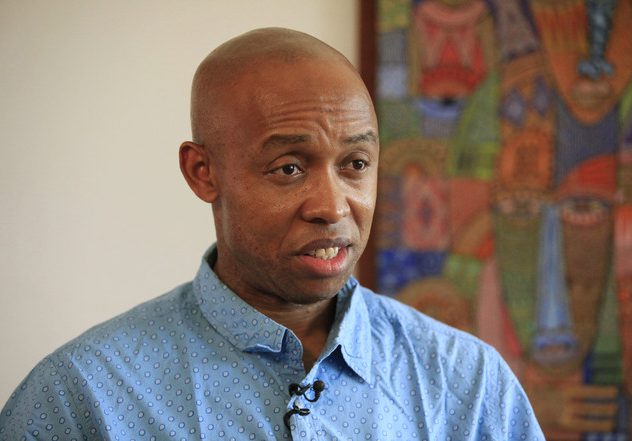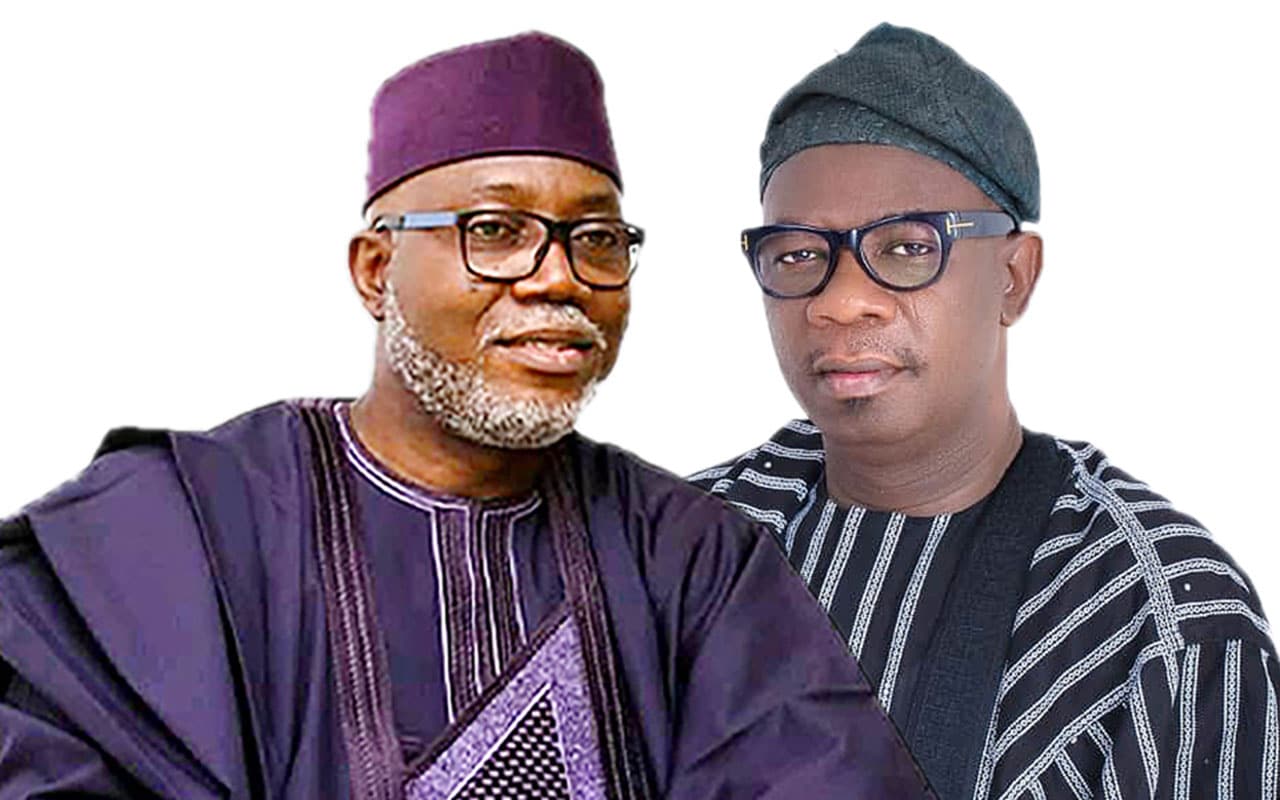THERE should be no hiding place for all tiers of government now that President Bola Tinubu has signed the new minimum wage law. The payment of the newly agreed minimum wage of N70,000 was meant to have kicked off in April following the expiration of the old minimum wage of N30,000, signed into law in 2019 by Muhammadu Buhari.
Though wages are notoriously low in Nigeria, it is a complex matter. In the 2010 negotiations for N18,000 from N12,000 per month, the governors claimed they could not pay. They then manipulated President Goodluck Jonathan to raid the Excess Crude Account before agreeing to the increment.
Many states are adamant that they cannot pay the new wage, or they will go bankrupt. However, all three tiers of government have more money after the removal of petrol subsidies in May 2023.
A report by the Nigeria Governors’ Forum said if wages were increased by 50 per cent, 13 states would go bankrupt. Data Services and Resources analysts identified many states incapable of financing a new minimum wage.
A report by the Nigeria Labour Congress noted that 15 states have yet to implement the N30,000 minimum wage of 2019. This is unbelievable.
Indeed, to cover the N30,000 payment, the Federal Government resorted to borrowing. The private sector is contending with multiple taxes, high energy costs, and steep recurrent and shabby infrastructure.
For state governments, it is time to cut their coats according to their clothes. The governments give the impression that they have funds with the obscene display of wealth among public officials. Between 2021 and 2023, despite spending at least N21.04 billion on overseas trips, 14 state governments failed to attract any foreign investments into their domains. Between 2021 and the third quarter of 2023, these states did not attract any of the $14.85 billion foreign investments channelled into Nigeria.
Governors are spending the money their states don’t have, thereby piling debt for future generations. This has become a systemic problem, as governors know that money will always come from the Federal Accounts Allocation Committee, making them extremely lazy about generating revenue.
In contrast, California, in the United States, recorded a GDP of $3.6 trillion in 2022, making it the fifth-largest economy globally.
In the Second Republic, the late Adekunle Ajasin in the old Ondo State travelled out of Nigeria to Sierra Leone only once. The late Lateef Jakande stayed in his house as governor of Lagos and developed major infrastructure and housing estates that are still standing. Bisi Akande was mocked for his frugality but laid a good foundation for the development of Osun.
Therefore, there must be accountability in the states. Instead of building non-viable airports and other white elephants, the governors should cut down the cost of governance and tackle insecurity while the obscene pensions being paid to ex-governors are stopped. The legislators, who are complicit in this macabre dance, must bring the governors to account.
The states should invest in human capital and infrastructure, explore internal resources in their domains, develop agriculture, and invest in tourism to generate income. The electorate should be able to punish wasteful governors during elections.
Nigeria is richly endowed with 44 identified mineral types across the 36 states and the Federal Capital Territory. These include gold, bitumen, limestone, iron ore, coal, columbite, and gemstones. Kogi has a wide diversity of minerals. According to the Ministry of Mines and Steel Development, Nigeria’s bitumen deposit is the second largest in the world. Mostly found in Ondo, followed by Lagos, Ogun, and Edo states, the country has 42.47 billion tonnes in proven reserves.
States should harness these minerals to generate income.
When states can generate enough revenue, issues surrounding the payment of minimum wage will be resolved.

 3 months ago
358
3 months ago
358














 English (US) ·
English (US) ·